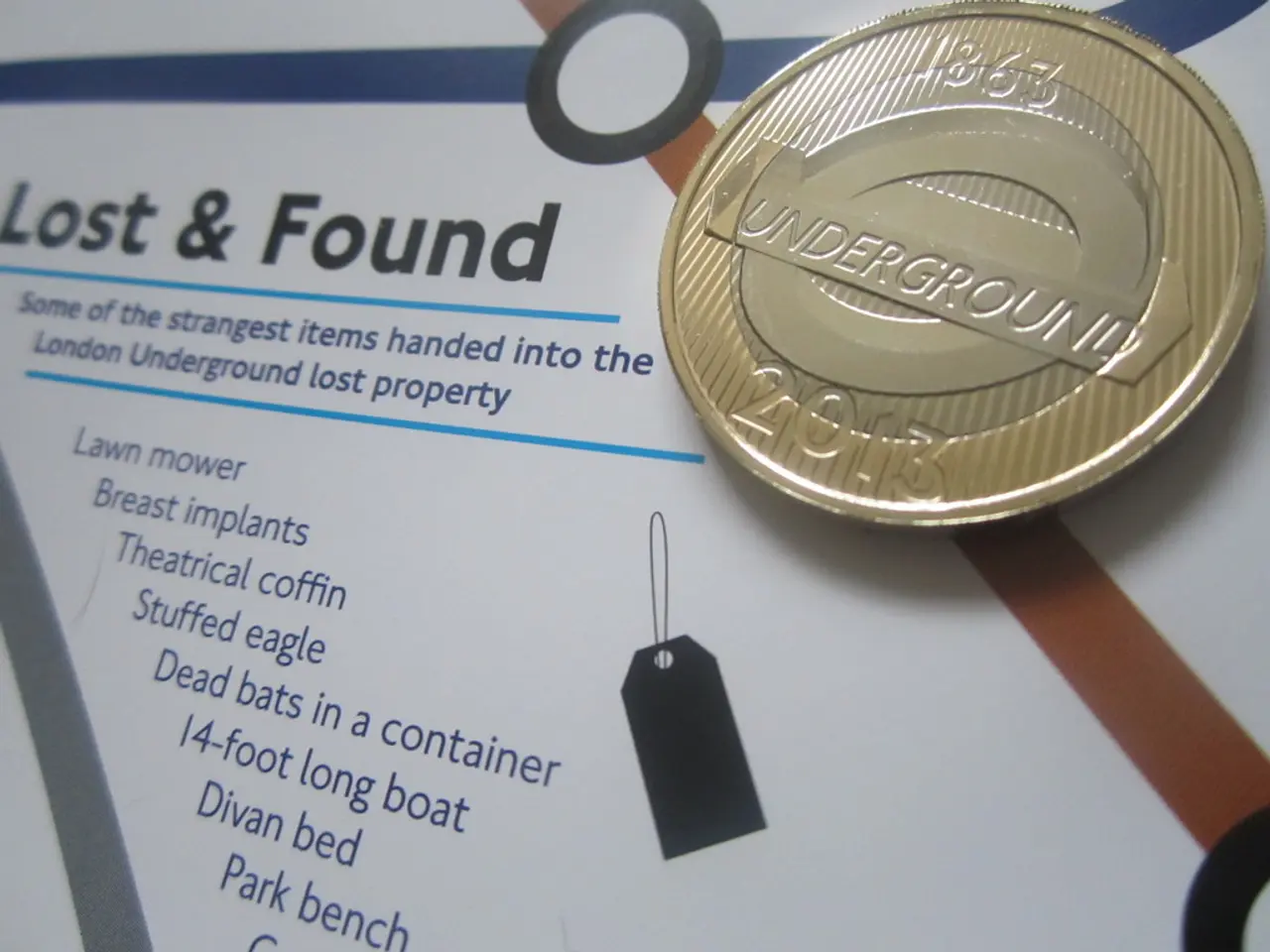Bitcoin Adoption in El Salvador: Four Years of Daring Financial Transformation
El Salvador, a small Central American nation, has taken a bold step into the future by adopting Bitcoin as legal tender, positioning itself as a pioneering yet controversial global hub for cryptocurrency innovation. This move, approved by the Legislative Assembly on June 9, 2021, has significantly impacted the country's economy and international perception.
Since the adoption, El Salvador has been actively developing a regulatory framework that allows fully Bitcoin-only banks and investment banks to operate with institutional-grade crypto services. This new financial landscape comes with a $50 million minimum capital requirement, targeting sophisticated investors and aiming to attract substantial foreign investment.
Economically, this move aims to address domestic challenges such as inflation and limited financial inclusion. By integrating digital assets into the national financial system, El Salvador hopes to modernize its economy and expand financial inclusion. The government has accumulated a reserve of over 6,200 bitcoins, worth hundreds of millions of dollars, indicating substantial state investment in Bitcoin.
The new legal framework facilitates institutional exposure to cryptocurrencies, potentially boosting liquidity and financial stability through increased foreign capital inflows. The use of Bitcoin in El Salvador has allowed people without access to banking services to send and receive remittances, a significant benefit for the majority of the population who rely on these funds.
On the international stage, El Salvador faces mixed perceptions. While hailed by some for bold innovation and crypto leadership, it has faced criticism and skepticism from international organizations like the IMF and traditional financial institutions concerned about Bitcoin's volatility and regulatory risks. Nonetheless, El Salvador continues to establish strategic partnerships, such as with Bolivia, which follows its lead in embracing crypto as an alternative to fiat currency amid economic challenges.
Small and medium-sized businesses in El Salvador are beginning to integrate Bitcoin technologies to reach more customers and reduce costs. The Bitcoin Law allows for the use of Bitcoin in the national territory as a means of payment for goods and services. However, initial obligations for businesses to accept Bitcoin as a form of payment have been softened due to new conditions agreed with the IMF.
El Salvador has adapted its legal framework to balance the benefits of this innovative system with international demands and concerns. The Bitcoin node, launched in the country, allows El Salvador to validate and secure transactions in a decentralized manner. This adoption has attracted foreign investors and boosted sectors such as tourism in El Salvador.
President Nayib Bukele recently met with US authorities at the White House, where Bitcoin was a key topic of dialogue. Through various programs and initiatives, the Salvadoran government is addressing challenges of education, infrastructure, and social acceptance to ensure a smooth transition to this new financial system.
In summary, El Salvador’s Bitcoin adoption has initiated a transformative economic experiment that seeks to leverage crypto for financial modernization and investment attraction, generating global attention that combines both admiration for its pioneering stance and concern over potential financial risks. The country demonstrates that innovation and courage can open doors to opportunities once unimaginable, paving the way for other countries seeking to modernize their economies and expand financial inclusion.
For those interested in learning more about Bitcoin, El Salvador offers a Bitcoin 101 course on the Academy website. The adoption of Bitcoin has radically changed El Salvador's image and positioning on the global stage, attracting foreign investors and boosting sectors such as tourism. Four years after the approval of the Bitcoin Law, El Salvador continues to lead the way in cryptocurrency adoption, demonstrating the potential for a more inclusive and modern financial system.
- As the government continues to develop a regulatory framework, El Salvador is attracting institutions interested in Bitcoin-only banking and investing, with a $50 million minimum capital requirement targeting sophisticated financial investors.
- The adoption of Bitcoin in El Salvador is not just modernizing its economy, but also expanding financial inclusion, as people without access to banking services can now send and receive remittances using the digital asset.




